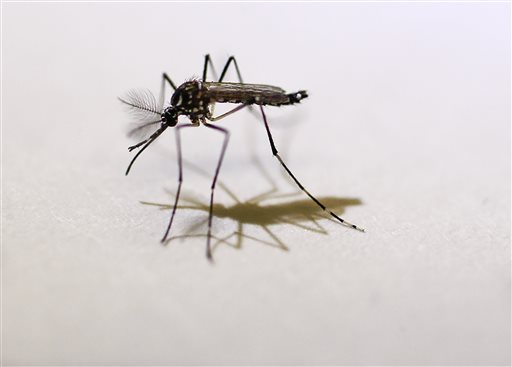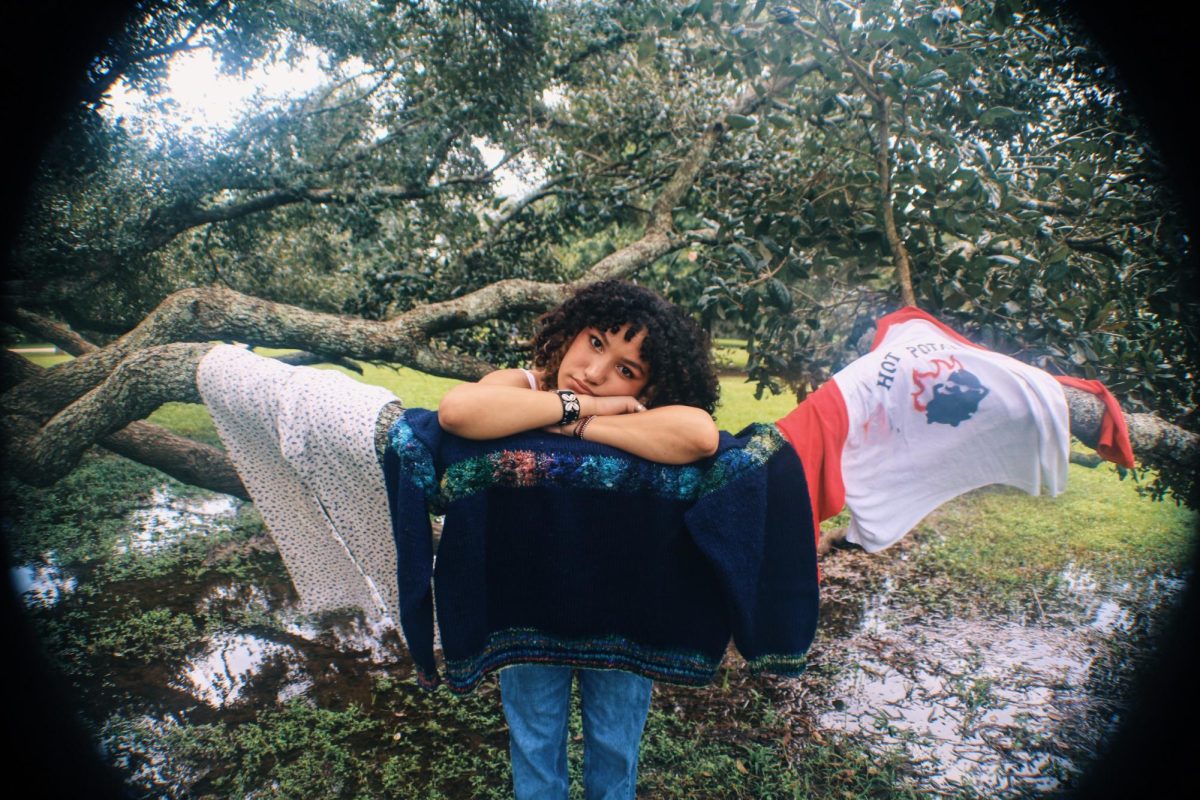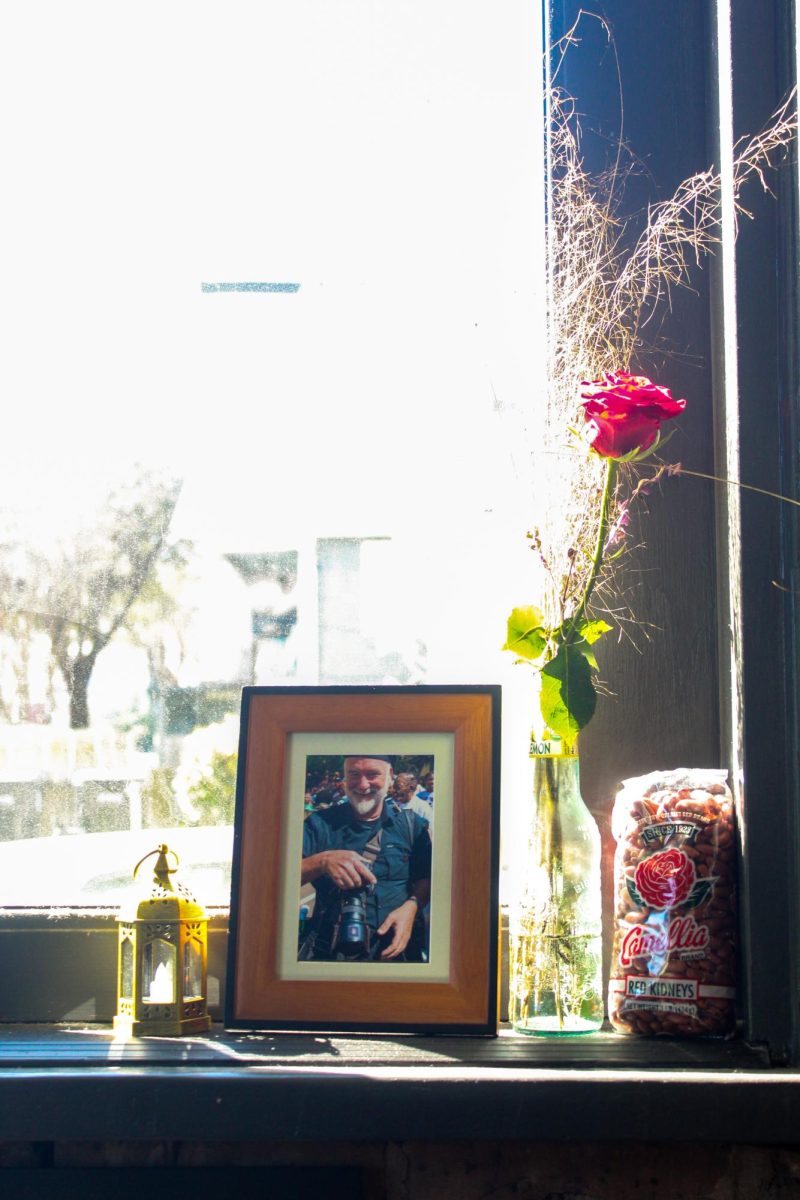The New Orleans Health Department has confirmed 13 cases of Zika virus in New Orleans, according to its Healthy Population and Planning Manager Sarah Babcock. Babcock said all confirmed cases have been travel related incidents and are being contained.
According to Babcock, the department and health professionals instruct infected individuals to wear insect repellent and refrain from sexual activity.
“At this point in time, we don’t believe Zika is spreading in New Orleans,” she said. “We don’t believe there is local transmission. When we find out about a case, my team acts immediately.”
The health department works closely with the New Orleans Mosquito, Termite and Rodent Control Board, Babcock said, to inform New Orleans residents of Zika Virus, educate locals on how to decrease their risk of becoming infected and control mosquito populations in the area. These precautions reflect a comprehensive plan, released in April 2016 by the city of New Orleans, to address the growing Zika Virus threat.
The “Condensed Zika Virus Plan” aims to increase public awareness of the virus and lessen the local mosquito population through controlled measures.
According to Dawn Wesson, associate professor of tropical medicine at Tulane University’s School of Public Health and Tropical Medicine, two known mosquito species carry Zika virus and both species exist in New Orleans.
“As far as we know, there are only two species,” said Wesson. “They tend to be more subtropical, but one of the species is more widespread in the United States.”
Wesson said Louisiana sits near the northern range of the mosquito species less common to the U.S.
“In our area, we have both of the mosquito species that can transmit Zika,” she added. “There is potential for introduction and transmission of the virus in this area.”
Wesson thinks Zika might not be as big of a concern in the U.S. if the virus did not cause birth defects.
“If Zika didn’t cause birth defects, it would be much lower on the radar in the U.S.,” she said.
Once a person is infected with Zika, the virus can be spread person to person through sexual contact or from a pregnant woman to her unborn child.
“Either the pregnancy is terminated because the virus kills the fetus, or the child survives [with severe birth defects],” said Wesson. “That puts a strain on the health care system.”
According to the Centers for Disease Control and Prevention, common symptoms of Zika virus include fever, rash, joint pain and red eyes. Some additional symptoms are headache and muscle pain.
The CDC states Zika symptoms may last between a few days and a week, and the virus remains in the blood of an infected person for about a week.
Babcock said most Zika-related concerns the NOHD receives come from tourists and visitors to New Orleans who want to know if the area has experienced local transmission.
However, Babcock said, some New Orleanians do ask officials to inspect their property. The Mosquito Control Board would then look for any mosquito problems around the person’s home and remove standing water in which mosquitoes might reproduce.
Wesson said the mosquitoes carrying the Zika virus lay eggs in containers. As cleanup from recent Louisiana floods continues, Wesson said mosquito problems may increase, but growing mosquito populations are not yet an issue.
New Orleans native and Loyola mass communication sophomore Daniel Williams said he hasn’t heard much about Zika and did not know the virus had spread to New Orleans.
“I’ve heard about it on the news, and that’s really about the extent of it,” Williams said. “It’s the new disease scare.”
“We’re just really encouraging everyone to wear insect repellent and remove standing water,” Babcock said. “We need the participation of everyone in New Orleans to make sure we don’t have the problems that are occurring in other parts of the world.”












